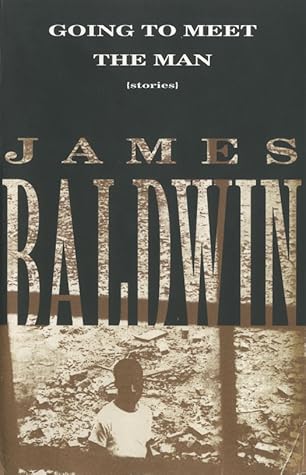More on this book
Community
Kindle Notes & Highlights
What might be accepted as just good old American independence in someone else would be insufferable arrogance in me.
There are times and places when a Negro can use his color like a shield. He can trade on the subterranean Anglo-Saxon guilt and get what he wants that way; or some of what he wants. He can trade on his nuisance value, his value as forbidden fruit; he can use it like a knife, he can twist it and get his vengeance that way. I knew these things long before I realized that I knew them and in the beginning I used them, not knowing what I was doing. Then when I began to see it, I felt betrayed. I felt beaten as a person. I had no honest place to stand.
Can’t I get a place to sleep without dragging it through the courts?
I know everybody’s in trouble and nothing is easy, but how can I explain to you what it feels like to be black when I don’t understand it and don’t want to and spend all my time trying to forget it? I don’t want to hate anybody—but now maybe, I can’t love anybody either—are we friends? Can we be really friends?”
These boys, now, were living as we’d been living then, they were growing up with a rush and their heads bumped abruptly against the low ceiling of their actual possibilities. They were filled with rage. All they really knew were two darknesses, the darkness of their lives, which was now closing in on them, and the darkness of the movies, which had blinded them to that other darkness, and in which they now, vindictively, dreamed, at once more together than they were at any other time, and more alone.
And when light fills the room, the child is filled with darkness. He knows that every time this happens he’s moved just a little closer to that darkness outside. The darkness outside is what the old folks have been talking about. It’s what they’ve come from. It’s what they endure. The child knows that they won’t talk any more because if he knows too much about what’s happened to them, he’ll know too much too soon, about what’s going to happen to him.
“But nobody just takes it,” Sonny cried, “that’s what I’m telling you! Everybody tries not to. You’re just hung up on the way some people try—it’s not your way!”
All I know about music is that not many people ever really hear it. And even then, on the rare occasions when something opens within, and the music enters, what we mainly hear, or hear corroborated, are personal, private, vanishing evocations. But the man who creates the music is hearing something else, is dealing with the roar rising from the void and imposing order on it as it hits the air. What is evoked in him, then, is of another order, more terrible because it has no words, and triumphant, too, for that same reason. And his triumph, when he triumphs, is ours.
I had never before thought of how awful the relationship must be between the musician and his instrument. He has to fill it, this instrument, with the breath of life, his own. He has to make it do what he wants it to do. And a piano is just a piano. It’s made out of so much wood and wires and little hammers and big ones, and ivory. While there’s only so much you can do with it, the only way to find this out is to try; to try and make it do everything.
All the white people she has ever met needed, in one way or another, to be reassured, consoled, to have their consciences pricked but not blasted; could not, could not afford to hear a truth which would shatter, irrevocably, their image of themselves. It is astonishing the lengths to which a person, or a people, will go in order to avoid a truthful mirror.
It had not occurred to me before that Americans, who had never treated me with any respect, had no respect for each other.
In America, that’s usually what it means to have a white friend. You pity the poor bastard because
he was born believing the world’s a great place to be, and you know it’s not, and you can see that he’s going to have a terrible time getting used to this idea, if he ever gets used to it.”
They hated him, and this hatred was blacker than their hearts, blacker than their skins, redder than their blood, and harder, by far, than his club. Each day, each night, he felt worn out, aching, with their smell in his nostrils and filling his lungs, as though he were drowning—drowning in niggers; and it was all to be done again when he awoke. It would never end. It would never end. Perhaps this was what the singing had meant all along. They had not been singing black folks into heaven, they had been singing white folks into hell.


